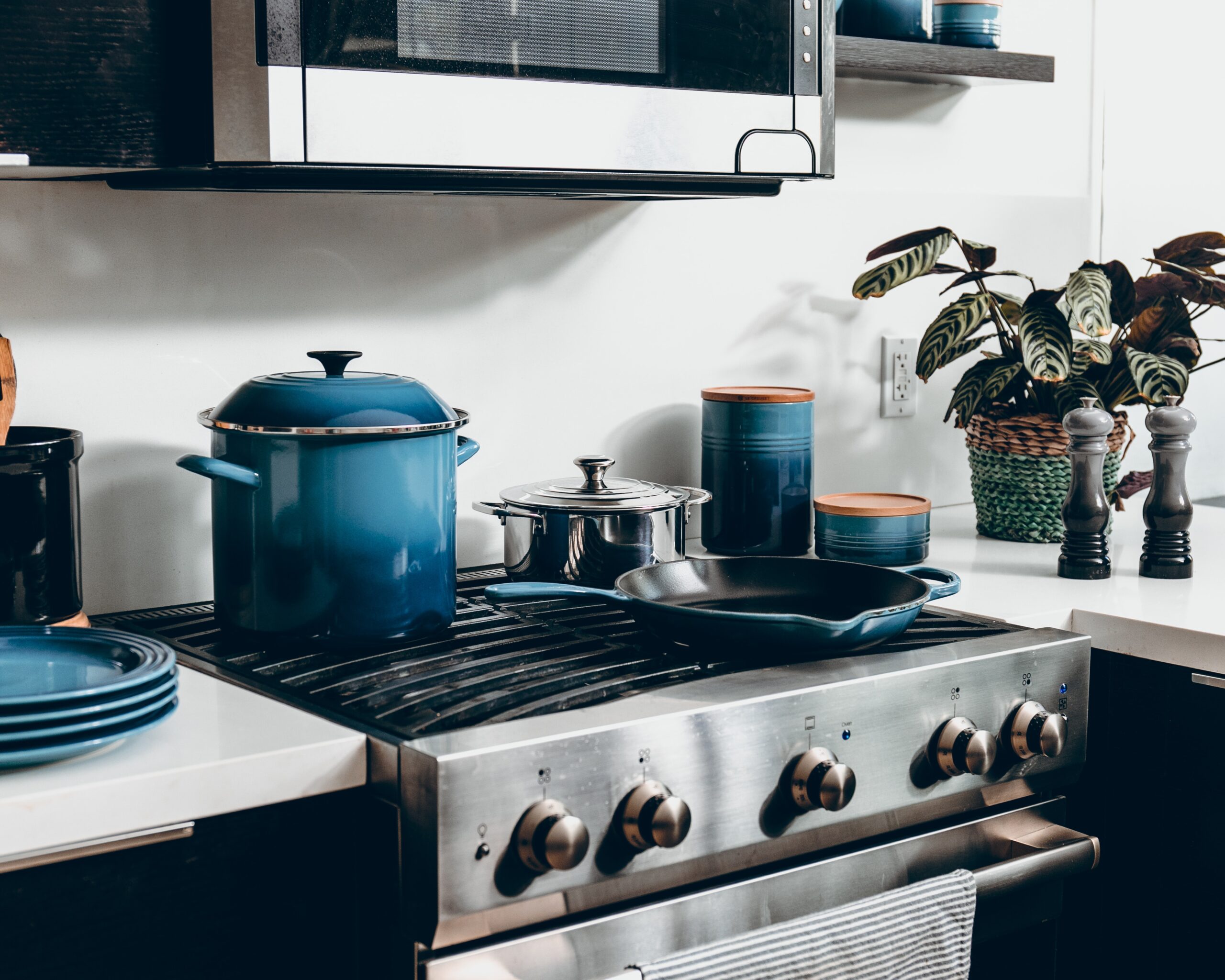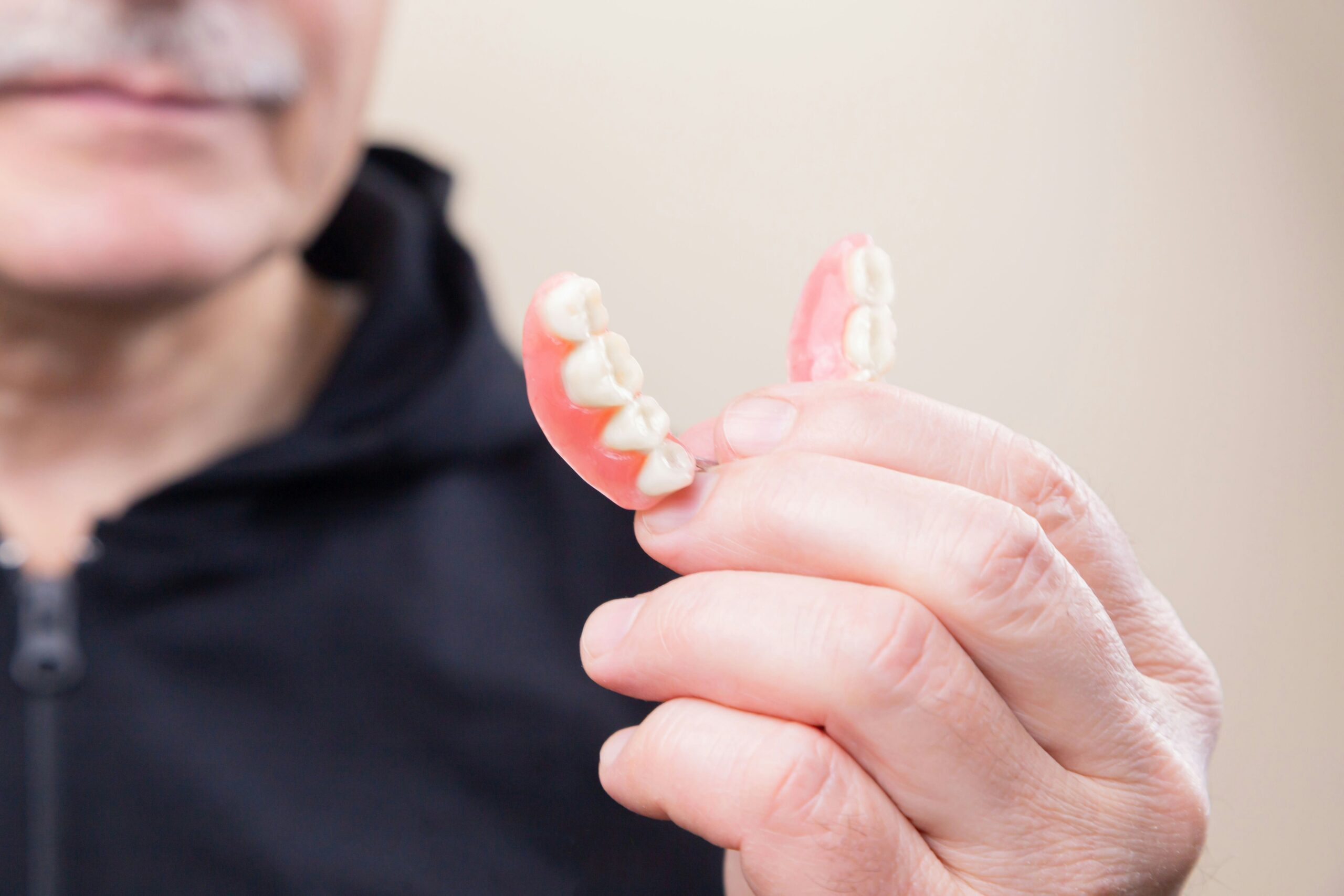How Long to Boil Eggs on Gas Stove: Achieving Egg-Cellence in Your Kitchen

Achieve stress-free perfection when preparing hard-boiled eggs on your gas or electric cooktop with these straightforward steps:
- How Long to Boil Eggs on Gas Stove: Achieving Egg-Cellence in Your Kitchen
- How do you cook eggs on a gas stove?
- What's your usual duration for boiling eggs on the stove?
- What heat do you cook eggs on a gas stove?
- Do you boil eggs in high flame or low?
Step 1: Submerge Eggs Carefully arrange the eggs in a single layer at the base of a spacious pot. Pour enough cool water into the pot to cover the eggs by approximately an inch.
Step 2: Bring to Boil Introduce salt and baking soda to the water, then position the pot over medium-high heat. Bring the water to a robust, rolling boil, and promptly turn off the heat once it reaches this vigorous state.
Step 3: Allow to Set For gas stoves, maintain the pot on the burner, cover it, and set a timer for 10 minutes. Alternatively, if using an electric stove, remove the pot from the burner, cover it, and set a 10-minute timer.
Step 4: Ice Bath Simultaneously, prepare a large bowl filled with ice cubes and cold water. As soon as the timer concludes, delicately transfer the eggs to the ice bath using a slotted spoon. Let them sit in the ice bath for approximately 5 minutes.
At this juncture, you can transfer your impeccably cooked hard-boiled eggs, whether peeled or unpeeled, into an airtight container or resealable bag. Safely store them in the refrigerator for up to a week, ensuring you have hassle-free access to perfectly prepared eggs whenever needed.
How do you cook eggs on a gas stove?
Mastering the art of cooking eggs on a gas stove requires some finesse to avoid sticking or unintentional yolk breakage during the flip. While preferences for egg doneness vary, the FDA advises cooking eggs until both the white and yolk solidify to eliminate bacteria and prevent foodborne illnesses. Regardless of your personal egg-preference, honing your techniques is key to consistently achieving the perfect egg.
Step 1:
Position a frying pan on the stove and ignite the burner.
Step 2:
Place a small amount of butter in the pan to prevent the eggs from adhering. Allow the butter to melt before introducing the eggs.
Step 3:
Break the eggs into a bowl or cup before transferring them to the pan. If opting for scrambled eggs, use a fork or whisk to scramble, preventing eggshell bits from dropping into the hot pan.
Step 4:
Pour the eggs into the preheated pan and gently tilt it to evenly distribute the eggs over its surface.
Step 5:
Cook the eggs over low to medium heat. Stir scrambled eggs until firm. For fried eggs, cook for two to three minutes before flipping with a spatula. If preparing sunny-side up eggs, cover the pan with a lid and cook for approximately four minutes.
Step 6:
Switch off the gas burner and remove the pan once the eggs reach the desired doneness.
Step 7:
Tilt the pan and skillfully use a spatula to slide the eggs onto a plate, ensuring a flawless presentation of your perfectly cooked eggs.
What’s your usual duration for boiling eggs on the stove?
As evident, the cooking times for various hard-boiled egg consistencies differ based on your preference for the yolk’s doneness. Personally, I lean towards a medium to hard yolk, but the choice is entirely yours. Just remember to adapt the cooking time accordingly.
How to Store Hard-Boiled Eggs: After cooking, store your eggs in the refrigerator within a covered container, and they’ll stay fresh for up to a week. I prefer using a glass jar with a lid for easy access during breakfast or when I need a swift snack.
Hard Boiling Eggs on a Gas Stove vs. Electric Stove: Now, you might be curious about the disparities in hard-boiling eggs on a gas stove versus an electric stove. Indeed, there is a distinction, albeit a minor one, primarily centered around heat and time.
Gas stoves, boasting more potent burners, heat a pot of water swiftly and cease emitting heat once turned off, allowing eggs to remain on the same burner.
Conversely, electric stoves feature less powerful burners that continue emitting heat post shut-off. Consequently, after turning off the heat, you’ll need to relocate the pot to a cool burner.
Apart from these nuances, the process for hard-boiling eggs on a gas stove versus an electric stove remains identical. To determine the optimal cook time for your stove, a bit of experimentation is key. Initiate with the chart’s suggested cook times and fine-tune as necessary for the perfect hard-boiled eggs tailored to your stove’s characteristics.
What heat do you cook eggs on a gas stove?
Set your stovetop to around medium heat, approximately at level 4 or 5.
The key lies in gently pushing the cooked curds from the pan’s bottom into the areas that are still uncooked, employing a spatula for even cooking. This crucial step ensures uniform consistency. When there are still some liquid parts remaining, switch off the heat, and shift the pan to a cold burner.
Give the eggs a final gentle stir, then promptly transfer them onto a plate. This swift move is essential as it prevents the eggs from overcooking due to the residual heat in the pan, preserving their desired moistness.
Do you boil eggs in high flame or low?
Begin by bringing the water to a vigorous boil on high heat. Once the water reaches its boiling point, allow the eggs to sit in the hot water. Immediately upon reaching a boil, switch off the heat and securely cover the pot. Let the eggs soak in the hot water for a duration ranging from 10 to 12 minutes, depending on your preference for the desired doneness of the eggs.




